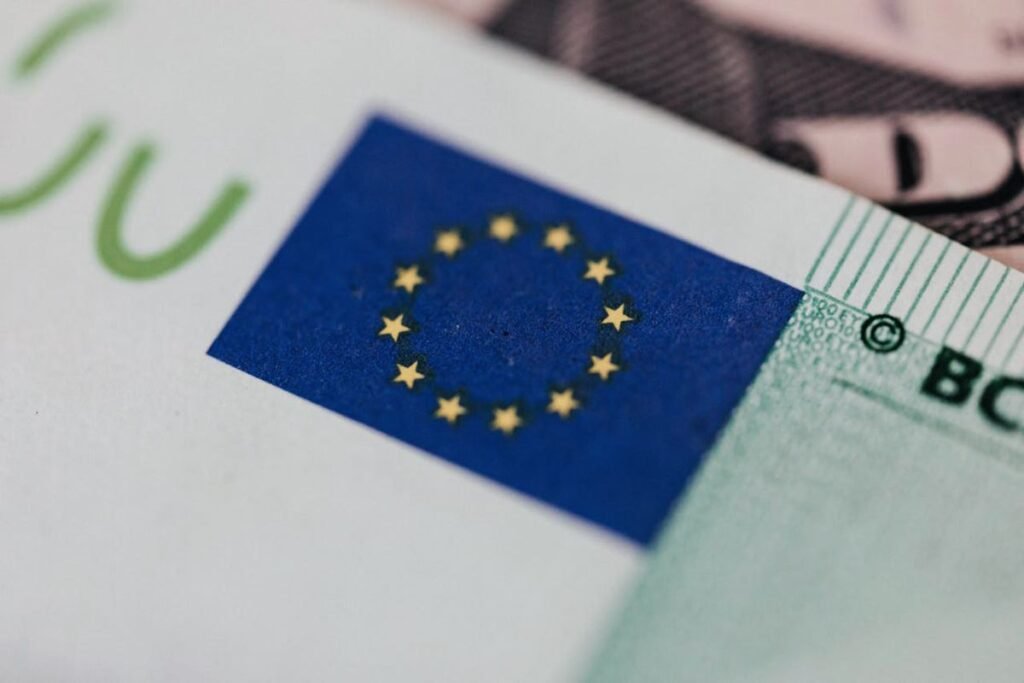Today’s decision by the European Parliament’s Conference of Presidents to establish a working group focused solely on EU funding of NGOs risks undermining democracy and the essential role of civil society in EU policy-making.

The initiative, which follows a rejected proposal for a formal inquiry committee, was taken without any evidence of wrongdoing or maladministration. The European Court of Auditors in its recent report, Commissioner Serafin and the European Parliament itself in its vote on 7 May have confirmed that EU funding to NGOs is compliant with EU law and financial regulations, and that there is no evidence of corruption, misuse or ‘undue lobbying’.
“This initiative represents a disproportionate and politically motivated attack on civic space. By singling out NGOs without any factual basis, this initiative sends a chilling signal that dissenting voices and public interest advocacy are no longer welcome in EU policy debates,” said Ester Asin, Director of the WWF European Policy Office. “At a time when we should be strengthening European democracy, this decision risks weakening its foundations.”
WWF strongly supports transparency, accountability and proper oversight of public funds. However, any meaningful debate on transparency of EU funding must include and cover all beneficiaries—non-profit and commercial alike—and apply the same standards of scrutiny across the board. The aim should be to strengthen the EU’s ability to safeguard public funds from misuse, improve transparency, and protect its institutions from undue influence. This requires a thorough and balanced examination of possible links between EU lawmakers and private interests, ensuring that oversight is applied fairly and without discrimination.
Civil society is a cornerstone of democracy. NGOs promote transparency, enable citizen participation in policymaking, and give voice to those who might otherwise be unheard. Singling out NGOs in this way jeopardises the inclusive, pluralistic nature of the EU, distracts from the real challenges facing its institutions, and and further legitimises the politically motivated push to restrict civic space in Europe.